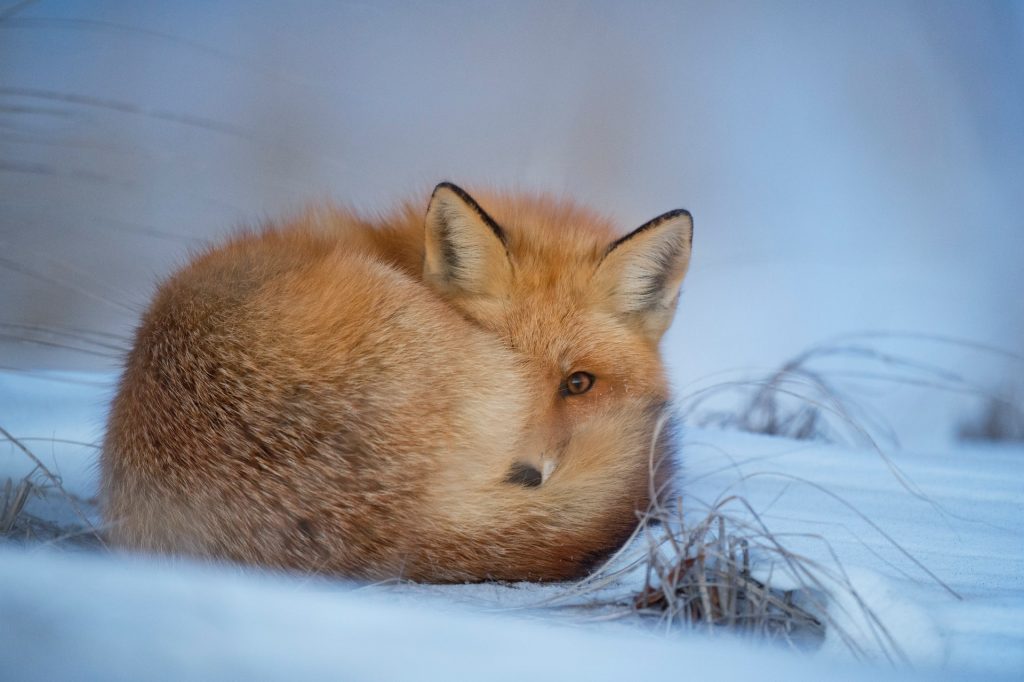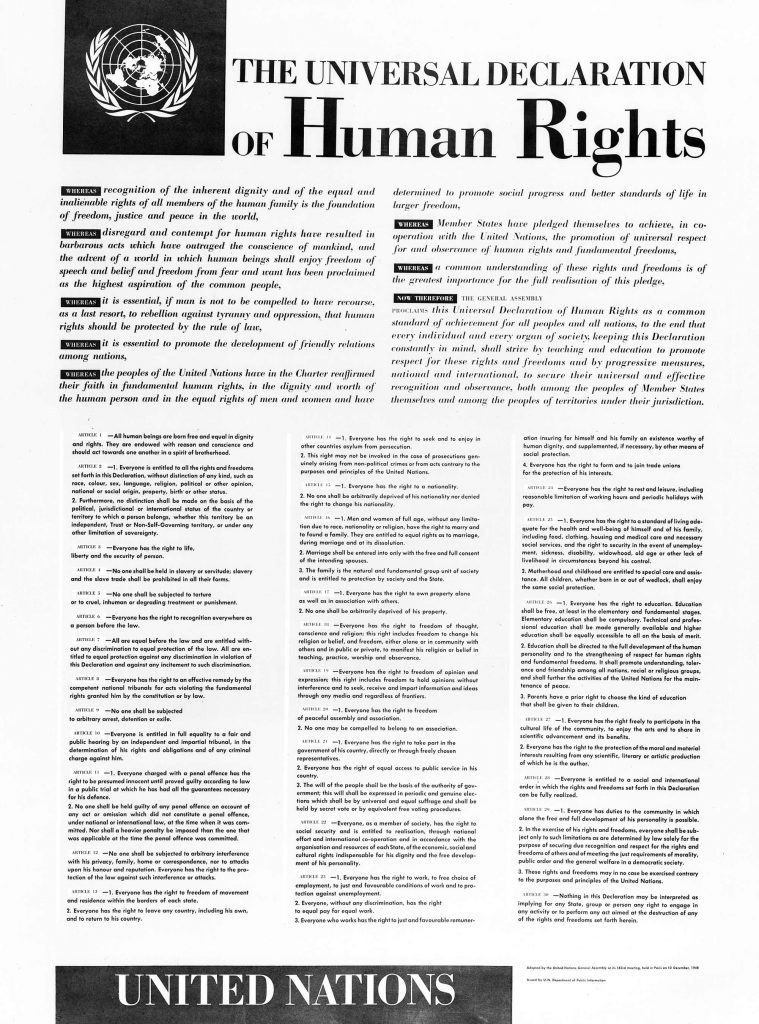
December is usually the month when a lot of our thoughts are focused on Christmas and the activities around the festival, but did you know that December the 4th is International Cheetah Day? Not only that, but the 21st of December is National Robin Day in the UK, the bird that almost epitomises Christmas. But as winter sets in, temperatures drop and food becomes scarce, it becomes very bleak for the wildlife in our gardens and countryside. We can, however, do things to help. Most of them are very easy and some are absolutely free, but they can make all the difference for our animal friends!
1. Feed the Birds and the Wildlife
In the cold season, Animals will have difficulty finding their natural foods such as berries, insects and seeds, worms and all the other things they would normally eat. Whilst we shouldn’t put out too much food too often, as animals can come to depend on it, we can help them to get through the tougher times.
- Birds – Provide a range of seeds, fresh unsalted peanuts and table scraps. Suet balls, mealworms, berries or chopped up fruits (apples, pears, plums) are also good.
- Hedgehogs – Tinned dog/cat food (but not fish-based), minced meat or chopped boiled egg or scrambled egg. Don’t put milk out, even though they will drink it, as it can cause them problems.
- Squirrels – love hazelnuts or walnuts. They also appreciate sunflower seeds and chopped carrot or spinach.
- Badgers – Fruit (apples, grapes, pears), peanuts, lightly cooked meats, cheese, peanuts and fruit.
- Small mammals – mixed seeds
- Foxes: Cheese, boiled potatoes, chicken, bread and fat scraps left out at dusk.
Another thing to note is that if you live near a busy road, don’t leave out food if it encourages wildlife to cross it.
2. Leave out fresh water
Animals need to drink and bathe as they normally would in the hotter months, but ice can lock away moisture. A simple, free way to help animals this winter is to provide a source of water every day. Place a shallow dish or bowl of fresh water in your garden. Remember to check it throughout the day, pouring hot (not boiling) into it to melt any ice. You can also place a floating object into the water. This will provide an open hole for animals to drink from.
This will benefit all wildlife including birds. To do a little more you could invest in a bird bath to keep birds hydrated and clean.
3. Provide some shelter.
Investing in something like a Bird boxes or a hedgehog home or providing an undisturbed area in your garden can provide cosy shelters and habitats where wildlife can hibernate. A compost heap will make a perfect home for frogs, toads and other animals. Just gathering fallen leaves and placing these underneath hedges and shrubs can provide a safe home for hedgehogs and even insects!
You can even build your own hedgehog home if you are feeling creative.
When working in your garden over winter, check areas such as compost heaps and leaf before handling them. If you have areas where animals have taken refuge, remember not to disturb them until their hibernation is over and they have left.
4. Make a hole in your pond if it’s frozen
Making a hole in the ice on a pond allows wildlife access to the water in your pond can make all the difference. It also prevents toxic gases building up in the water, which can kill fish or frogs. The best and safest way to create a hole is to carefully place a saucepan filled with hot (not boiling) water on your pond until a hole has been melted. Don’t hit the ice to break it or pour boiling water directly onto the ice.
5. Check for Life Before Lighting a Fire
If you are planning a fire in your garden, remember logs, dead leaves, twigs etc, are havens for small creatures. If possible, rebuild your fire in a different place, carefully checking nothing is hiding or trying to sleep. Also carefully check compost heaps for life before turning them over with a sharp pitchfork or spade!
6. Consider Planting Fruit-Bearing Trees and Shrubs
This option is harder and takes a bit more effort and dedication, but is very worthwhile. Fruit bearing plants and are not only a valuable source of natural food for wildlife but also provide year-round homes and shelter.
7. Donate Food and Supplies to a Wildlife Sanctuary or Charity
Find out where your local wildlife sanctuary is and donate; food, supplies or even volunteer help. Or you can go to a wildlife charities website and donate directly.
8. Take Time to Observe What You’ve Achieved
It doesn’t help them directly, but observing the wildlife in your garden, as you sit indoors, will inspire you to carry on your efforts all winter long.
There are lots of things you can do this year, to make sure our animal friends have a happy Christmas.


